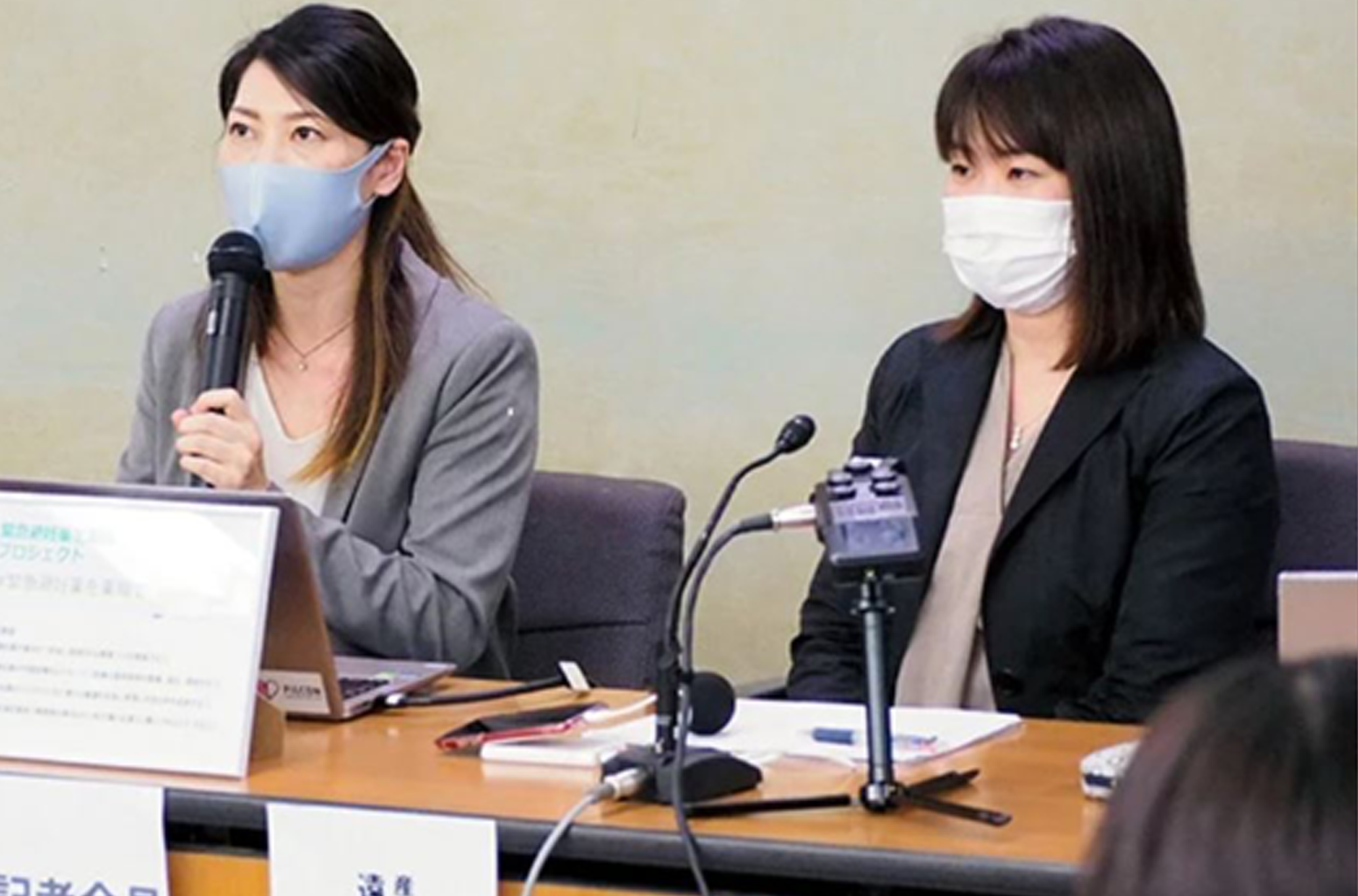
by Kyosuke Kamijo, Yuki Kataoka, Daisuke Shigemi
BMJ Sexual and Reproductive Health, Letter (excerpts), 25 May 2021 (Open access)
For many Japanese women and girls who are at risk of unintended pregnancies, access to emergency contraceptive pills (ECPs) is limited. Obtaining ECPs is very difficult in Japan because they require a prescription and are expensive as they are not covered by the national health insurance. The Ministry of Health, Labour and Welfare (MHLW) recognised this and debated whether or not to approve over the-counter (OTC) access that does not require a prescription. Although 92% of public comments were supportive of ECPs being made available OTC, the MHLW did not approve the change because of some concerns around the uncertainty of ECP effectiveness, misuse and abuse. However, according to the World Health Organization, ECPs are safe and effective medicines that all health systems should provide in view of the right of women and girls of reproductive age to access ECPs and avoid unintended pregnancies.
We investigated trends in the use of levonorgestrel emergency contraceptive pills (LNG ECPs) in Japan to identify the relationship between the accessibility and use of ECPs (our methods are outlined in the online supplemental methods). After the MHLW approved LNG ECP use in 2011, ECP use increased among women aged 18–39 years, comprising 0.08% of all women and girls of reproductive age in Japan (Figure 1). Conversely, in the United States (US), LNG ECPs have been available via prescription since 1999, while OTC access without age restriction was permitted in 2013. With the increased accessibility of OTC ECPs, the percentage of women in the US who use these medications increased from 0.8% in 1995 to 20% in 2015 (Figure 1). In Japan, 160,000–180,000 abortions are performed annually; therefore, it is necessary to provide EC options, disseminate accurate information regarding EC using mass media, and provide sex education for teenagers. To our knowledge, there are no data concerning the amount of knowledge Japanese teenagers have about EC, and obtaining this information seems important for further research on this subject. Similar to the increasing use of LNG ECPs in the US, the approval of OTC sale of ECPs could increase the accessibility and use of ECPs in Japan.
To date, 19 countries allow direct OTC access to EC and 76 countries allow individuals to obtain ECPs from a pharmacist without a prescription. Therefore, among developed countries, Japan may appear backward concerning its sexual and reproductive health policies and rights. We hope that the MHLW will approve ECPs as OTC medications, and continue its efforts to improve access to ECPs and thus preserve the rights of women and girls in Japan.
+++
Why is it so difficult to access emergency contraceptive pills in Japan?
by Sumire Sorano, Sakiko Emmi, Chris Smith
The Lancet Regional Health Western Pacific, Commentary (excerpts), 100095, 28 January 2021 (Open access)
Access to ECPs in Japan requires a medical prescription and a pill costs around 6000 to 20,000 yen (55–190 USD), which is unacceptably expensive for many women. This is because contraception is not covered by national health insurance and the price is set at the discretion of each medical facility. Currently only 3% of hospitals and clinics declare that they provide consultation for ECPs and of those, only a few extended opening hours. Concerns over unintended pregnancy increased amid the Covid-19 pandemic where consultations for unintended pregnancy and sexual violence increased significantly.
In response to public demand for over-the-counter (OTC) use, the MHLW considered approval of non-prescription provision of ECPs in 2017. Despite receiving overwhelming public support, the plan did not pass due to concerns raised by the review committee including that users might not have enough “literacy” to adequately use it and that it might lead to “misuse” or “abuse” Concerns were raised mainly by the Japanese Association of Obstetricians and Gynecologists (JAOG).
The review committee expressed several concerns, as follows. They discussed whether it is necessary for physicians with “specialized knowledge of reproductive endocrinology” to determine who is eligible and to follow-up after use because users might not be able to notice pregnancy in case of ECP failure. Secondly, an argument was suggested that increased access to ECPs might discourage condom use and increase sexually transmitted infections. The third concern was about abuse or misuse, that is, “women seeking emergency contraceptives, or people behind them, may be involved in the sex industry or a criminal organization who might transfer drugs to other”. Thus it is desirable to limit prescription to one set at a time and make women take the pill on the spot.
Historically, Japan was the only United Nations member prohibiting the use of low-dose oral contraceptives (OCs) until 1999 when approval was given after approximately 44 years of debate.
PHOTO: Members of a group calling for over-the-counter access to emergency contraceptive pills hold a news conference at the health ministry in Tokyo on 27 October 2020, The Asahi Shimbun. (Asahi Shimbun file photo)



